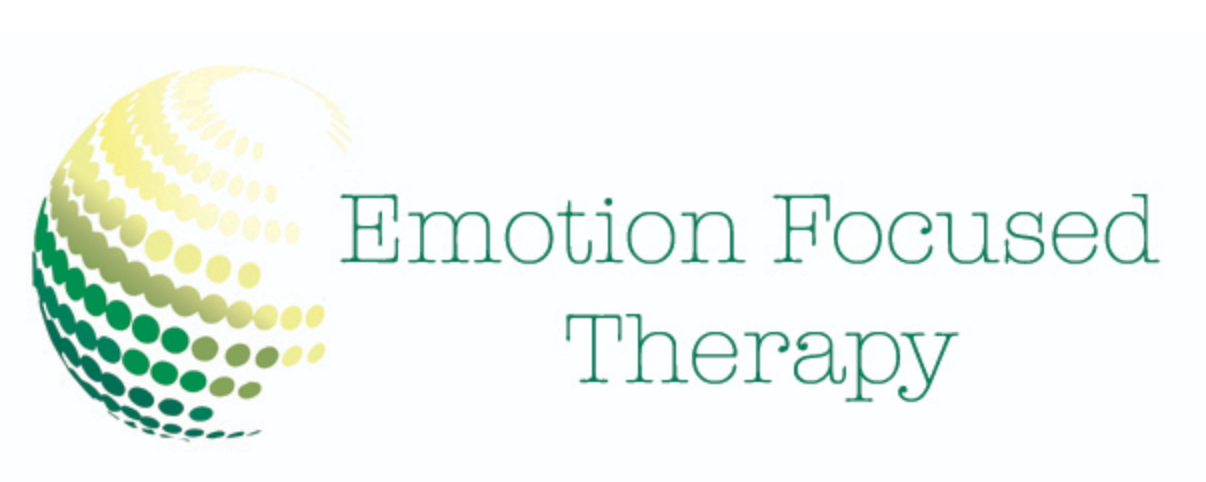
Emotion Focused Therapy (EFT) was developed in 1985 as a therapeutic approach to help resolve unpleasant emotions by working with those emotions instead of suppressing them. EFT has evolved in recent years to have a significant impact on the field of psychotherapy. Its increasing popularity and the growing support for its success with a wide variety of problems have made EFT an important approach to psychotherapy treatment.
EFT is a collaborative and empathically responsive approach in which you are guided in accessing and working with your emotional experience in a new way that ultimately helps you to feel better and more connected to yourself. EFT was designed to be brief (16-20) sessions but also could be shorter or longer depending on your goals.
EFT doesn’t see big emotional problems as destructive but potentially constructive and sources of useful information. To make things simple EFT is focusing on your emotions, making sense of them and becoming more aware of your life experience.
click here: to read an in-depth summary of EFT written by Les Greenberg
EFT is a collaborative and empathically responsive approach in which you are guided in accessing and working with your emotional experience in a new way that ultimately helps you to feel better and more connected to yourself. EFT was designed to be brief (16-20) sessions but also could be shorter or longer depending on your goals.
EFT doesn’t see big emotional problems as destructive but potentially constructive and sources of useful information. To make things simple EFT is focusing on your emotions, making sense of them and becoming more aware of your life experience.
click here: to read an in-depth summary of EFT written by Les Greenberg